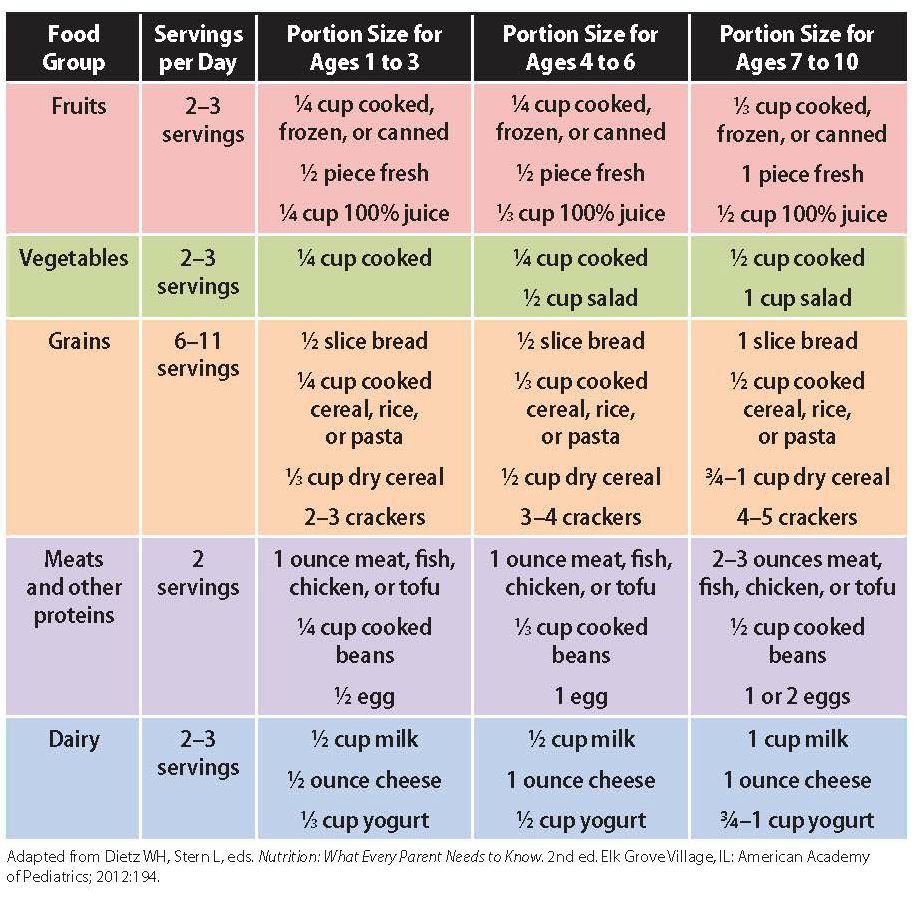
As our children grow older we want them to be able to look after themselves and be independent. We want them to head out into the big wide world prepared so the future seems exciting. This starts from a early age and children as young as two will be beginning to learn new life skills everyday. This may be zipping up their coat, helping to put the washing away at home or learning to cook in the kitchen. It is never too early to start.
Montessori talks about ‘practical life activities’. “Practical life activities are applicable for all ages, even infants, and change depending on what the child can do at each stage of development. The activities can start with something as simple as pulling pants up or washing hands and can get as complicated as baking a dessert, or even developing a business plan in the elementary or middle school years.”
“When taken seriously and presented as an approachable, impactful challenge, these activities hold inherent dignity. It’s not “just” getting dressed or “just” juicing an orange if one is doing it oneself. The child is learning to follow a complex motor sequence, independently, in order to fulfil his or her own desires and needs. These skills, when taught early in life, allow children to believe in themselves as well as develop the self-discipline needed for success throughout their lives.” (The Importance of Practical Life Activities Within the Montessori Method)
This week in the Woodland we have been cooking on the fire. We all helped to chop the vegetables and prepare the food. First we washed our hands, put on a aprons and discussed why these steps were important. We used chopping boards and safety knifes to cut up the butternut squash, rhubarb and onion before roasting on the fire. The fire itself gives children experiences of safe risk taking and supports their understanding of boundaries at Nursery. We even got to devour our delicious creation for dinner!

 Some top tips to support meal times:
Some top tips to support meal times:
Recent Comments